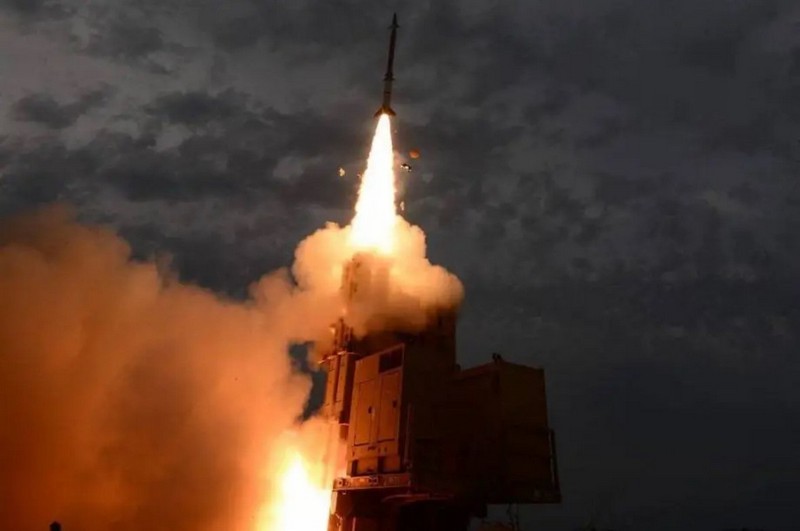By Jonathan Kuttab
The Israeli attack on Iran is very likely the start of a long-term regional war between Israel and Iran, and perhaps include other Arab or Islamic countries. In the short term, the attack is the result of a personal decision by Netanyahu to avoid ending the war on Gaza and to ensure his personal and political survival. The war will unite the nation, prevent the collapse of his governing coalition, shield him from accountability and investigations into his actions and his failures that he has been avoiding. In broader terms, however, it is the logical conclusion of a wider and more basic decision to “live by the sword,” to ensure “total victory” and impose Israel’s dominance over the entire region by sheer force of arms, by military superiority and a monopoly on nuclear weapons. Its only justification comes in accepting a worldview that is governed entirely by the logic of brute power, regardless of ethics, morality, law, international relations, or mutual cooperation. It is a logic that sees the world as an enemy to be vanquished, with no hope or aspiration towards peace or coexistence that is not based on total power and domination.
Jabotinsky, a rightwing Zionist leader long before the state of Israel was created, expressed this outlook when he wrote in The Iron Wall that Arabs will never accept the creation of a Jewish state on their lands and will continue to resist it unless they are convinced that there is an iron wall they cannot overcome. Only when the Arabs give up that hope and accept the fact that they cannot defeat the Zionists will the Jewish settlers (later Israel) ever be secure. Until then, only overwhelming power and superiority will ensure success.
The same logic is now being used with respect to Iran. Instead of pursuing mutual understanding, coexistence, and cooperation, Israel seeks domination and “deterrence.” Under this view, no amount of assurances, inspections, or guarantees are sufficient. Back in 2012 Netanyahu claimed at the United Nations that Iran was only months away from having an atomic bomb. No analyst or expert agreed with him that a bomb was intended to physically destroy Israel but only to create (if ever actually produced) a balance and defense against Israel’s own nuclear arsenal. Even those who doubted Iran’s repeated proclamations that they were not intending to build a bomb and considered atomic weapons contrary to Islamic Shari’a believed such a bomb would only create a balance of power, threatening not Israel itself but its nuclear monopoly and regional domination.
Several countries today have atomic weapons, including historic enemies like Pakistan and India. All of us hope and pray that such weapons will never again be used. The Nuclear Nonproliferation Treaty (of which Iran is a signatory, but not Israel) was intended to reduce to zero the chances that nuclear weapons will be used. The international legal system was intended to prevent the risk of such an eventuality as well as reduce the risks of conventional warfare. It also created a network of conventions and treaties to regulate the conduct of countries during conventional warfare, if it occurs, and to protect civilians, noncombatants, and even wounded soldiers and prisoners of war when war breaks out. People, organisations, and countries which believe in a peaceful world try hard to safeguard this system and are deeply concerned when countries like the US and Israel scoff at international law and refuse to abide by its institutions and provisions.
The Israeli position, sadly, is that all such conventions, laws, and institutions are irrelevant: only power counts. Specifically, Israel needs to rely on its own military and nuclear power. It chooses to live by the sword. The memory of the Holocaust is used to justify this view and the slogan “never again” has been used to justify all sorts of self-centered actions that undermine the entire international system and ensure eternal enmity and never-ending war and hatred.
War is always a bad thing. We know how it starts, but we never know how it ends. It creates death and destruction, and most of the victims are innocent civilians. Yet war does not start in one day. It is the result of a worldview and ideology that justifies itself and the destruction it creates. It is a decision to live by the sword and, sadly, whatever initial success may result, it dooms its proponents to “die by the sword.”
Far better is a worldview that fosters peace and reconciliation, that seeks nonviolent methods of conflict resolution, that believes in and works for arrangements based on mutual respect, dignity and justice, that seeks reconciliation and not domination, and that is even willing to take risks rather than assure eternal enmity.
13 June 2025
Source: fosna.org

